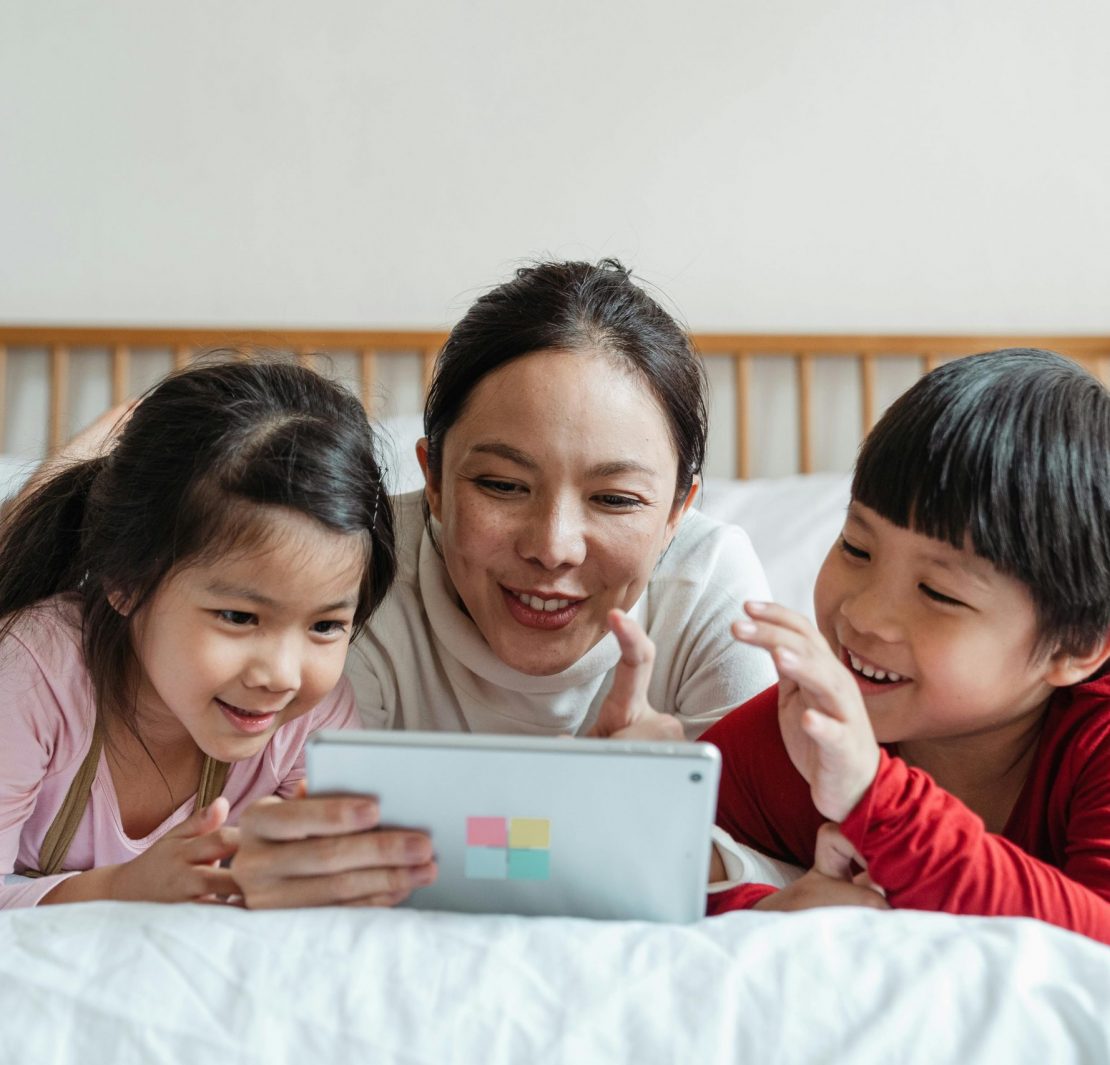The youth is doing life differently: even parenting. They are having children of their own, which has added new chapters to parenting books. As a generation that has been conditioned to work hard and hustle, parenthood shakes things up a lot. Most millennials have grown up in hostile conditions, with family breakdowns and bad ties with parents causing immense childhood trauma. Having a rough childhood naturally makes someone not want that for their own kids, which is exactly what millennial parents are striving to live by.
Millennials are priotizing a strong connect with their kids
Research says millennials are dedicated to being better parents than their own. A good share of today’s new parents have fraying relationships with their own. The lack of having a parent to confide in is making millennial parents prioritize being more open with their kids, and also vice versa. The same study shows that despite hurdles like stress and work, 77% of respondents say they are more present in their children’s lives, compared to how their parents were in their own. Of course, the need to provide for your kids is the top priority for any parent. But that shouldn’t come at the cost of missing out on their childhood, and building one of the most cherished relationships in your life.
Mental health has turned out to be one of the most common factors millennial parents are trying to address as adults. The conversation around mental health got traction only a decade ago, it is only now that people give some thought to it and take action if needed. While growing up, millennials were not familiarized with the concept, which naturally took a toll on them until mental health was popularized. In fact, considering help from anyone in this department would be a very hush-hush matter in the family.
80% of millennial parents regard talking to their kids about mental and emotional wellness as an important part of ensuring their good health. An overwhelming 98% of them are actually talking about it with their kids, with 2 out of 3 millennial parents saying they never had such conversations with their parents. They are taking full advantage of the breakdown of the stigma around accessing help to improve mental health, and are looking to instill the same attitudes in the children.
Freedom to choose and building emotional strength in children are also top goals for millennial parents
The idea of individuality is also an issue that almost every other millennial has faced while growing up. Some have grown up with strict parents, where the control of choice had extended to what they would wear. In India, it is in fact uncommon for millennial adults to have had a freedom to choose amongst things as a child. This is especially in the case of higher education, where, even now, a lot of pressure is put on children to pursue a career in medicine, engineering, or the public services. Their idea was to ensure a safe and secure future for their children, but have heavily neglected listening to what their child wants to do. For millennial parents, a key parenting goal is to build a strong and safe relationship with their children; become strong pillars of support who children are not afraid to confide in.
In essence, millennial parents are trying to break free from the restrictive style of parenting they had endured, to a system which prioritizes them to be seen by their child, and vice versa. Gentle parenting is all the rage today because of its lack among millennials’ childhoods. Some are trying to be the parent that they never had, while others are striving to do their best as a parent. Either way, kids today are now more sensitive, in-tune with their needs and emotions, and even social outlook. And for that, the generation that has fingers pointed at for being too laid back deserves all the credit.




